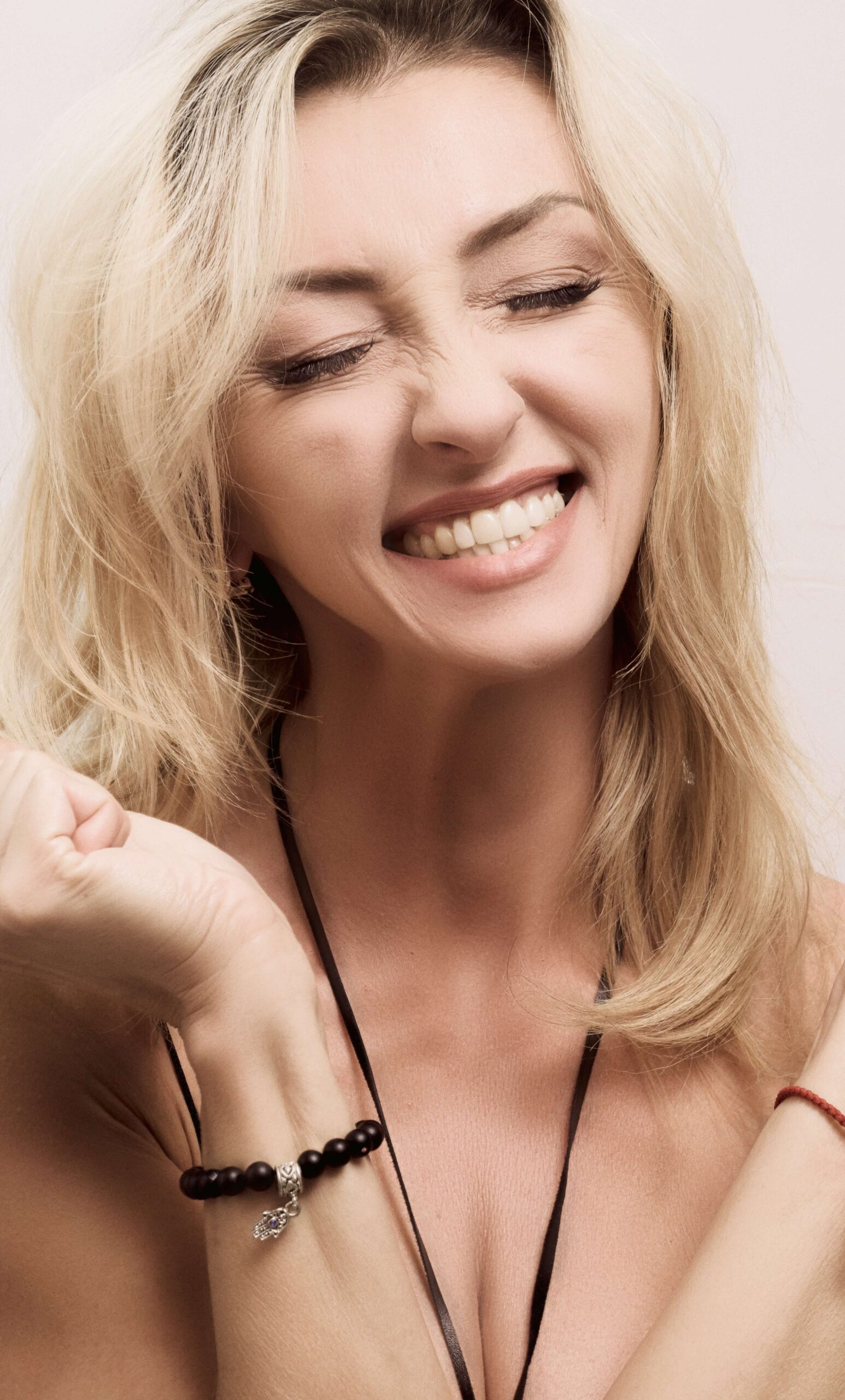I remember being in fourth grade, maybe 10 years old, sitting in a dimly lit classroom while one of our teachers fumbled through a video about “becoming a woman.” It wasn’t new information to me, I’d heard just enough from my mom to know that one day I’d be fertile and that was that. Between explanations from our teacher, the video, and some from my mom, I was left with a deep-seated sense that my body was something to be managed, not understood. Layer that with the interesting opinions from peers leading into junior high, you’re left almost somewhere between confusion and embarassment.
Now, as a mother and a women’s health educator, I cannot let my children grow up in the same fog of confusion. My sons deserve to know their bodies—not just the names of parts, but the whys, the hows, and the incredible power of being in tune with themselves. Because body literacy isn’t just for girls; it’s for everyone.
Ditching the Shame, Embracing Curiosity
So many of us were raised in an era of whispered conversations, euphemisms, and “just wait until you’re older” deflections. I’m not interested in raising boys that tease girls about their periods or have a blatant unawareness of what the fertility cycle looks like and what their contribution could actually be to body literacy. That cycle stops with us. In my house, we use correct anatomical terms without flinching. We talk about bodily functions as facts, not embarrassments. My kids know that the body isn’t gross; it’s amazing.
This means when my four-year-old asks, “Why does my tummy make noises?” we talk about digestion instead of waving it off as silly. My nine-year-old was 5 when his brother was born at home, and knew just where the exit was and yes, could use the proper anatomical name. Now, when my nine-year-old hears the word “period” doesn’t wonder what it is nor is he left asking his friends. It’s normal. No hushed tones. No shame. Just the truth.
Answering Questions Without the Blush
Kids are naturally curious, and their questions often catch us off guard. But here’s the thing: they don’t come with shame attached. That part? That’s our baggage. When my son asked how babies are made, I took a deep breath and gave him a science-based, developmentally appropriate answer. “A baby starts when an egg and sperm meet, and they grow inside the uterus. I let him lead if he needs elaboration. Most times, the information he gets from us is good enough for the moment.
I keep my answers simple, and if he wants more, I build on them. I don’t lie. I don’t shut him down. Because when kids sense something is off-limits, they learn to stop asking us. And I want to be the first place my children go when they’re searching for answers—not their peers, not the internet, and certainly not social media.
Teaching Body Autonomy From the Start
Body literacy isn’t just about knowing how the reproductive system works. It’s about understanding autonomy and consent.
In our home, we practice this daily. “Would you like a hug?” I ask before scooping up my preschooler. If he says no? I respect it. When my oldest doesn’t want to be tickled, we stop. These might seem like small things, but they set the foundation for my kids to understand that their body is theirs. They get to decide who touches them, how they interact with others, and that “no” is a full sentence.
Normalizing Periods, Puberty, and Everything in Between
One of the biggest disservices we do to kids is treating puberty like a dark cloud looming in the distance instead of a natural, exciting transformation. My boys know what a period is. They know that people who menstruate aren’t “dirty” or “moody,” but that their bodies are doing what they were designed to do.
And when they eventually go through their own hormonal shifts? They’ll understand that voice cracks, body odor, and emotions running wild aren’t things to be ashamed of—they’re signs of growth.
Breaking Generational Cycles
We are the generation that is rewriting the script. We are raising kids who are informed, empowered, and confident in their own skin. When we model open, shame-free conversations about bodies, we gift our children a lifelong sense of agency.
Because body literacy isn’t just about reproduction. It’s about self-awareness. It’s about health. It’s about confidence. And every honest conversation is a step toward a world where our children don’t have to unlearn the things that held us back.
So here’s to raising kids who know their bodies, respect others’, and walk through life with the kind of self-assurance we only wish we had at their age. Let’s teach them well.
Giana Vasconcellos is a freelance writer and women health educator specializing in fertility awareness and perinatal health education. She is the mother of 2 boys, 9 and 4 whom she homeschools while working from home. Giana is on a mission to help ambitious women focus on a whole health perspective through empowerment, encouraging curiosity, and intellectual growth.









